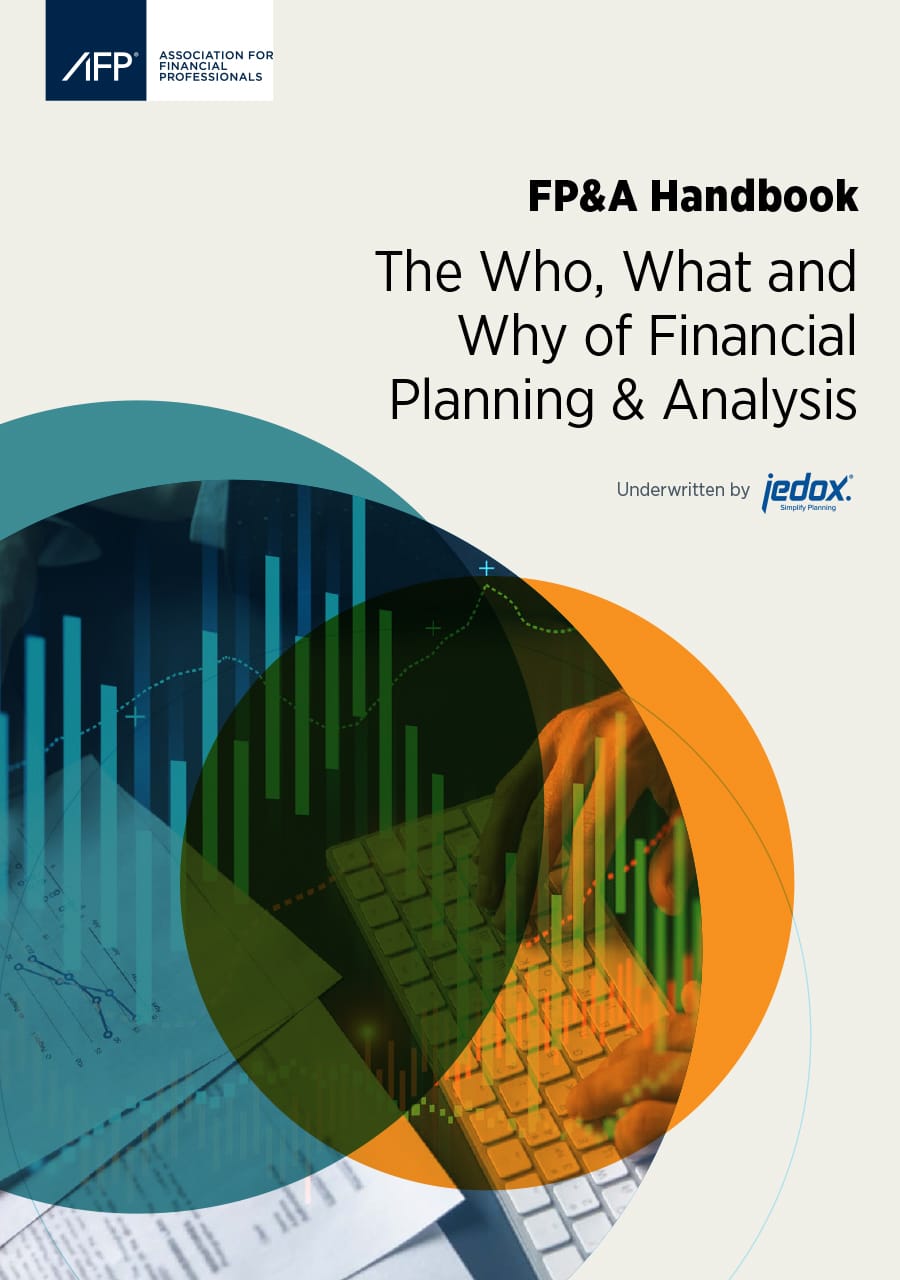
Zero-Based Budgeting
Every action taken by a business is preceded by a specific process: planning. As soon as a plan is expressed in terms of finances and financial goals, it is referred to as budgeting and moves to the next stage. Zero-based budgeting is a method that starts from zero for each budgeting period. This approach calls for justification of all expenses instead of only the new ones.
A detailed spending plan is still the fastest way to achieve your finance goals. In general, a budget can be used to determine where every single cent should go each month. A budget therefore gives you the freedom to spend money and to increase it.
What is Zero-Based Budgeting?
Zero-based budgeting is a unique accounting practice with specific advantages and disadvantages. It forces businesses to think about how each and every expense is managed in a specific budgeting period. All expenditures for each new period must be justified. The zero-based budgeting process starts with a “zero”, and each function and department within an organization are carefully analyzed for its needs and costs.
The Origin of the Zero-Based Budgeting Concept
A Controller at Texas Instruments in Dallas, Texas, Peter Pyhrr, developed zero-ased budgeting in the 1960s and published an article in the Harvard Business Review in approximately 1970 that became very influential in the finance industry. In recent years, this budgeting technique has experienced a new upswing: it was introduced by some Fortune 500 companies as well as private equity firms.
Zero-Based Thinking on the Rise
In 2018, Accenture Strategy published a broad-based study on “Zero Based Thinking”. The results were impressive: among the world’s 85 largest global companies, zero-based budgeting grew exponentially at a rate of 57 percent per year from 2013 to 2017. The companies include Kraft Heinz Co., Unilever PLC and Mondelez International Inc. As the main reason for using zero-based budgeting, 96 percent of companies cited the method as a way to improve their profitability. 48 percent felt influenced by competitors and 40 percent cited slow growth as a catalyst for choosing the budgeting method.
Key Features of Zero-Based Budgeting
In traditional budgeting, the budget of the previous period serves as the starting point for a company. This is then used as the basis. As a result,
- Each new budget increases bit by bit compared to the previous period.
- Companies only have to justify new expenditures.
The biggest difference between zero-based budgeting and the traditional budgeting method is that the budget for each new planning period is created from zero. This enables analytical re-planning. In most companies, each business unit creates its own budget plan based on requirements and presents to management. As a result, no overall budget is created initially. Instead, different budgets are simulated. Overhead costs are redistributed with each planning period.
Steps to Successful Budgeting
The goal of zero-based budgeting is to reduce overhead costs and redistribute them in line with operational and strategic goals.
The nine stages of the process
- Planning and definition of the budgeting targets and available resources by the company’s management
- Formation of business units (e.g. divisions and teams with corresponding cost centers)
- Defining performance levels (e.g. quality and quantity of work results for each business unit)
- Formulation of alternatives for each stage (e.g. to save costs per cost center)
- Selection of the most cost-effective alternative (i.e. certain decisions are favored)
- Ranking the alternatives (i.e. including the rejected activities)
- Budget slice (i.e. distribution of available funds among)
- Approval of the selected decision packages (e.g. with the assistance of finance)
- Implementation of the defined measures in budgets by the finance department
Advantages of Zero-Based Budgeting
- Saving of resources
- A fair distribution of limited resources
- Increased flexibility and focused processes – more disciplined execution
- Improved alignment with corporate goals
- A careful review of overhead
- Transparency of the budgeting process and the system understanding
A particular disadvantage results from the possibility of resource intensity. There is also the possible danger of budget manipulation by experienced managers and the orientation towards being too short-sighted in short-term planning.
Each organization must decide for itself whether the zero-based budgeting method is the right fit for their planning, budgeting and forecasting needs.
Reach your Goal faster with Cloud-Based Systems
With cloud-based real-time financial systems for their Financial Planning and Analysis (FP&A), today’s businesses can take a modern approach to zero-based budgeting and compile the necessary data for such a budgeting plan with a single click. It makes it easier to assign responsibilities for budgeting.
Even if the data comes from different departments or business units, it can be analyzed in seconds. Cloud-based financial systems, for example, enable operational business units and individual cost centers to participate in zero-based budgeting together with the finance department. Planning, budgeting, and forecasting across the entire organization becomes seamless.
Properly executed, the planning of zero-based budgeting can prove to be a valuable strategic step that helps companies make smarter decisions.





